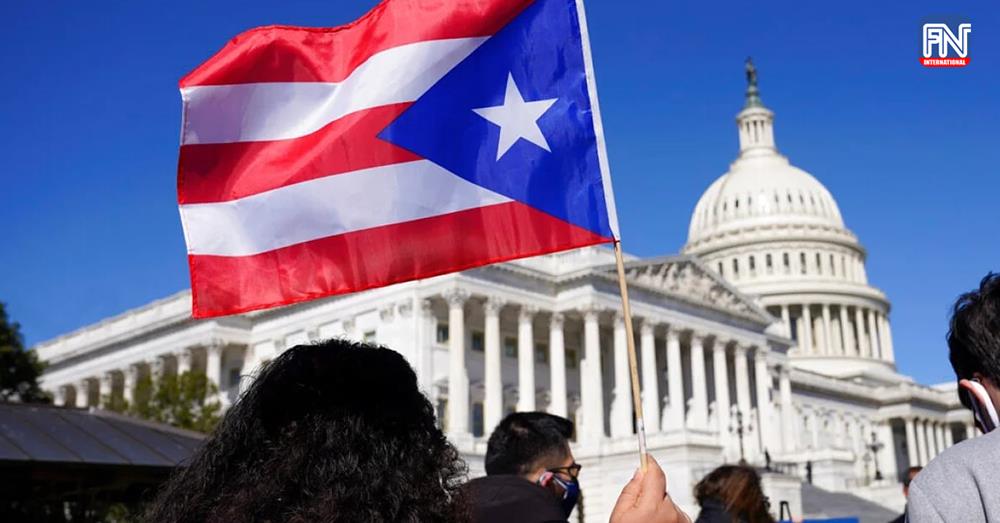WASHINGTON, Dec 15 (AFP) - The United States House of Representatives has passed a bill to allow Puerto Rico to vote on a binding referendum on whether to become a state or gain independence – a largely symbolic measure unlikely to pass in the Senate.
The House passed the proposal, dubbed the Puerto Rico Status Act, in a 233-191 vote on Thursday. The proposal calls for a vote in November of next year to “resolve Puerto Rico’s political status”.
The measure would give Puerto Rican voters a chance to choose between independence, sovereignty in free association with the US or statehood. The referendum would not include Puerto Rico’s current status as a US commonwealth.
“Many of us are not in agreement about how that future should be, but we all accept that the decision should belong to the people of Puerto Rico,” said Puerto Rico Resident Commissioner Jenniffer Gonzalez, the island’s non-voting representative in the US Congress.
But with the Congress, whose term expires early next month, heading to a recess, the proposed legislation has virtually no chance of being taken up by the Senate, let alone clearing the 60-vote threshold required for passing in the 100-member upper chamber.
On Friday, 16 House Republicans joined Democrats in voting for the bill.
“It is crucial to me that any proposal in Congress to decolonise Puerto Rico be informed and led by Puerto Ricans,” said Democratic Congressman Raul Grijalva, chair of the House Natural Resources Committee, which oversees affairs in US territories.
Puerto Rico residents are US citizens but effectively have no representation in Congress and cannot vote in US general elections.
A former Spanish colony, the Caribbean island was acquired by the US in 1898 after the Spanish-American war. With more than three million people, it is the most populous of the US territories subjected to different treatment than the country’s 50 states.
For example, the Supreme Court ruled earlier this year that Puerto Ricans were not entitled to the same federal welfare benefits as citizens living in the states.
House Majority Leader Steny Hoyer said on Friday that it was “a long and torturous path” to get the proposal to the floor.
In 2020, Puerto Rican voters narrowly favoured statehood in a non-binding referendum that did not include independence.
